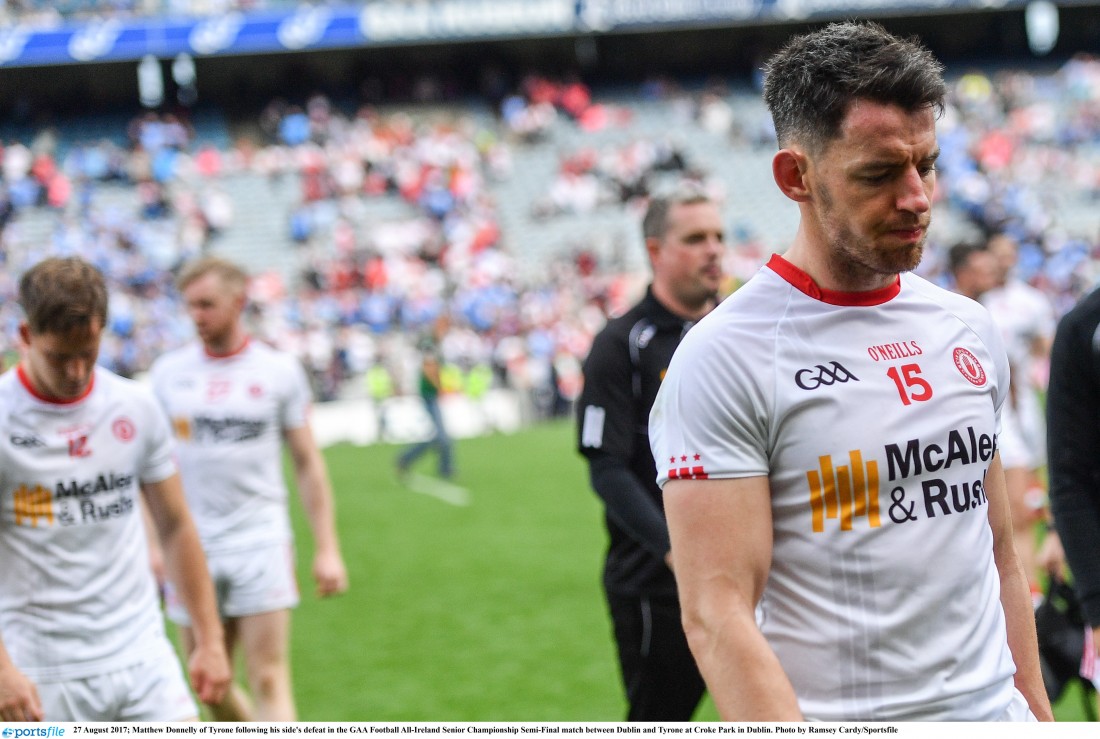THERE is a line at the end of the film The Lion King which always stumped me. Simba pins Scar to the floor and demands that he tell the truth about Mufasa’s death. Scar’s reply is cut short as Simba chokes him, and we never get to hear the end. I always remembered that line, “The truth? The truth is in the eye of the behold…” At the age of eight, I had no idea what the end of the sentence was – I knew the film word for word, but that sentence? What came next? How did it end?
Of course now I know it to be a manipulation of the phrase, “Beauty is in the eye of the beholder.” Perception is an individual pursuit. You choose how you see, what it is that you see, and no-one can tell you otherwise. And that, readers, is the ultimate ‘game-changer.’
The truth is, perception is at the very core of everything you ever do or don’t do, and anything you ever understand or don’t understand. So lets then say ‘defeat is in the eye of the beholder.’ Already it sounds much less intimidating – and that’s the point.
The club championships have more or less been played to their ends. We have celebrated the victors, but what of the other 95 percent – those who give all and lose all? What do they do now? In reality, no one really knows. How are we supposed to look at defeat? What actions do we take? What thoughts are we supposed to formulate?
I ran a poll on my instagram (@sportshypnotherapy) asking, ‘do you know how to deal with defeat?’ The overwhelming answer was ‘no’. I asked, ‘what do managers say after defeat?’ The overwhelming answer was “we’ll learn from our mistakes.” Okay, fair enough, but how? Tactically? Physically? How do we learn from our mistakes? Is there a ‘how to’ manual? Or is this just another whimsical phrase, thrown out by a manager lacking any idea of a tangible re-action?
I asked, ‘how does defeat make you feel?’ The majority response was that the negative emotions over into personal and professional lives, that they lingered around well after the final whistle. So how can something that happens so often, that has a powerful negative impact on lives – even beyond the sport – that so emotionally affects us, have been given such little investment?
The truth is, we are so focused on winning, so orientated towards achieving a goal, that defeat becomes a terrifying word and an unwanted experience. No manager wants to touch it. We have no idea what to do when confronted by it. It is simply not an option. And if ever mentioned, it is signaled out as weakness. But why? Given the nature of competitive sport, where there is always a loser, why do we not accept the possibility of defeat?
Again, in cliches we find wisdom: ‘That which does not kill us makes us stronger.’ And here is why.
It’s all to do with your perception of your environment and your subconscious mind. One of the rules of the survival mind, or as Professor Steve Peters (Liverpool FC and Team Sky) calls it, your ‘Chimp Mind’, is that it moves you away from the unknown and possibly painful towards the known and safe. That’s its only function, and it is 100% efficient. It – your survival mind – does this by deploying the Fight or Flight stress reaction, which fills our body full of stress chemicals, of which Cortisol is the most present – and in terms of sports performance, the least beneficial.
Cortisol is the chemical which makes you feel tired and worry about your fitness in the warm-up before a match, even though you know you are fit. It’s the chemical which speeds up your breathing, so you are exhausted quicker. It’s the chemical which takes blood away from your extremities, so that you fumble a pass that you normally catch 10 times out of 10. It’s the chemical which causes tight muscles and muscle tears. So, if you fear defeat, if you perceive it to be a horrible outcome and are not ready to accept it and everything that comes with it, your body will fear it too, and it will cripple your performance.
Now imagine you accept defeat (this does not mean lie down and roll over), you accept its possibility fully and all its consequences, then your body accepts it too. There is no longer a threat in your environment, the Fight or Flight stress response remains asleep, there is no presence of Cortisol in your body.
Then you would be free to perform to your best ability. That which does not kill us, literally does make us stronger. We remove the idea of threat in our environment, our comfort zone expands, and our performance will inevitably improve.
Defeat is in the eye of the beholder. It is your choice how you chose to perceive it. So don’t be frightened by it. Accept its consequences, know that you won’t die, or that your life won’t in fact be destroyed. Embrace it and you’ll soon find you’ll avoid it.
Receive quality journalism wherever you are, on any device. Keep up to date from the comfort of your own home with a digital subscription.
Any time | Any place | Anywhere












